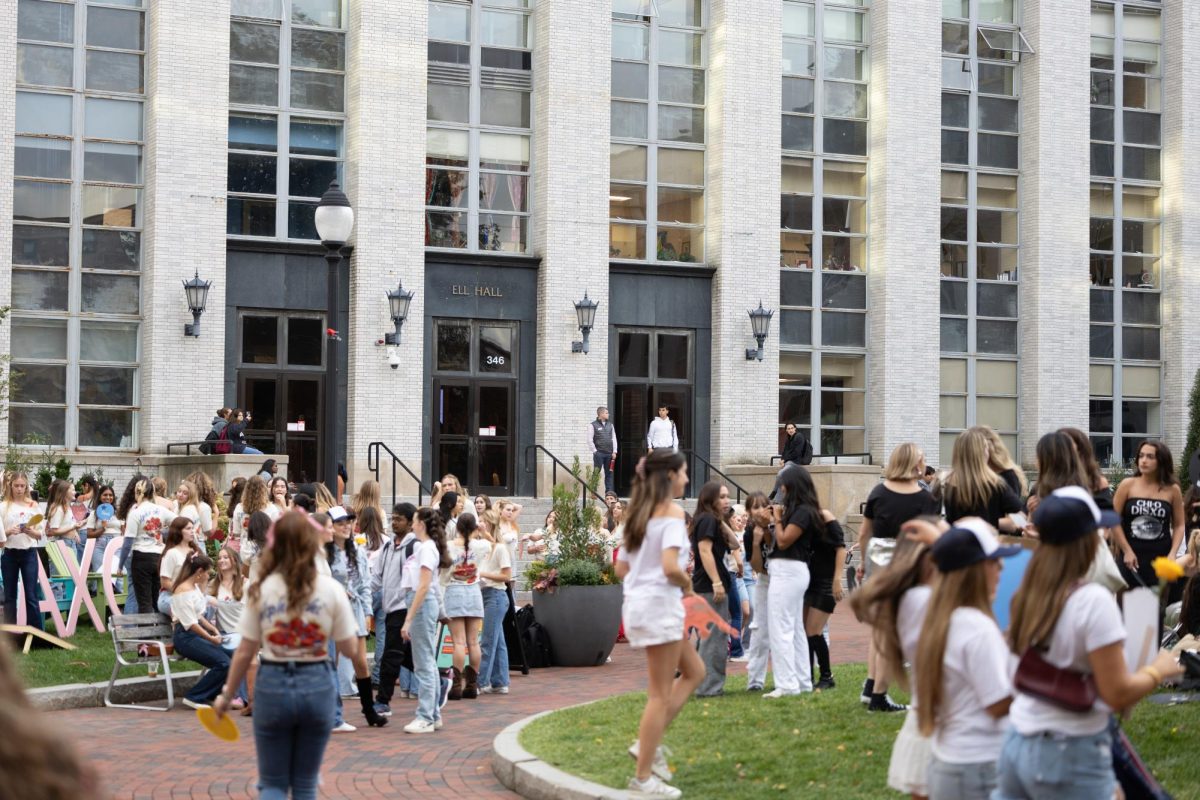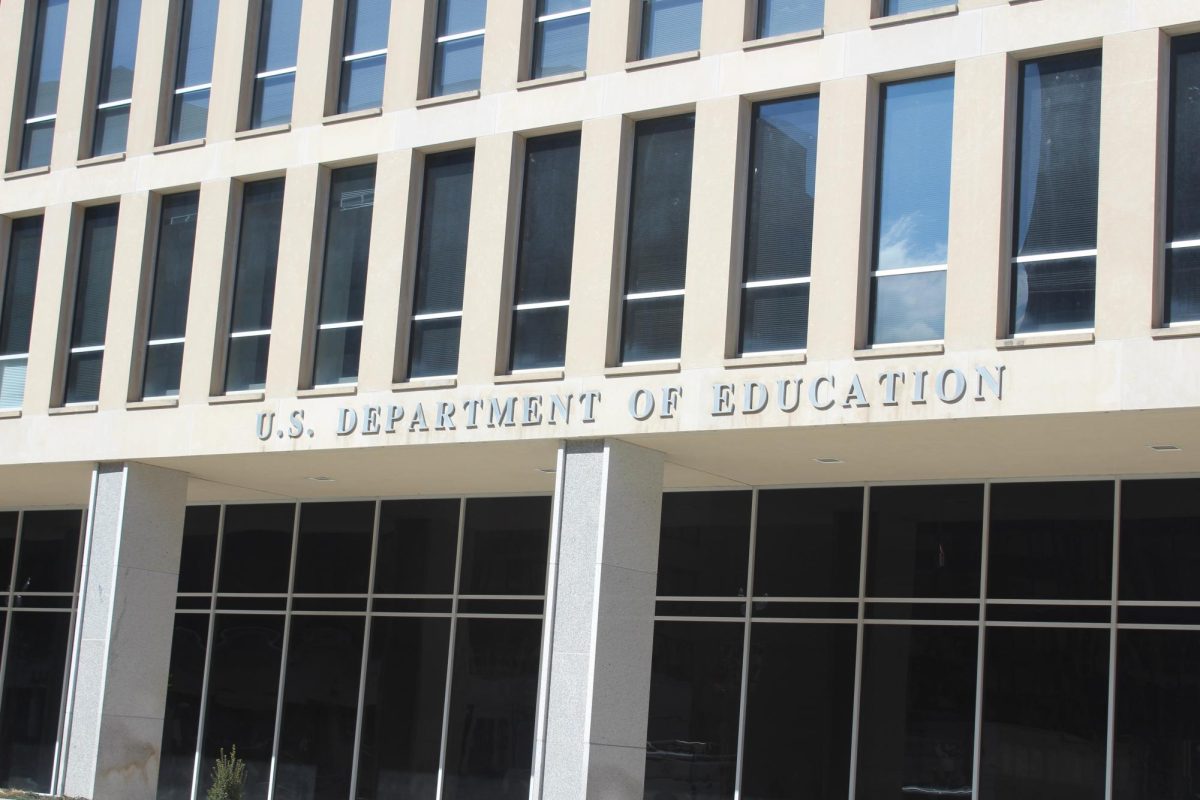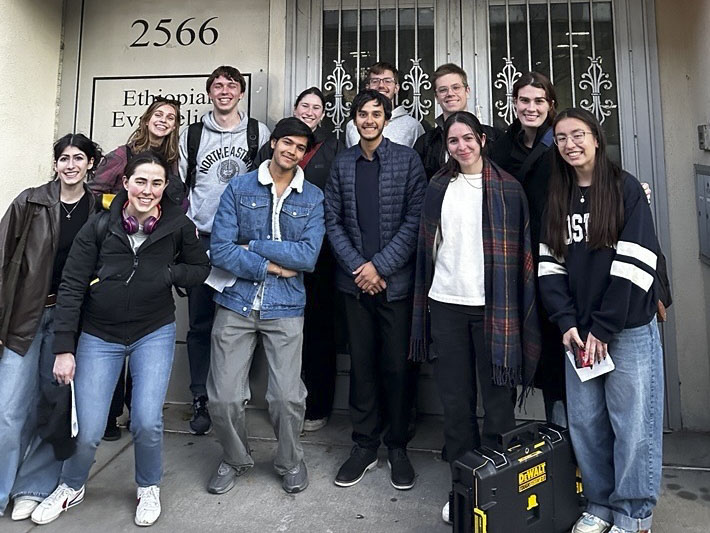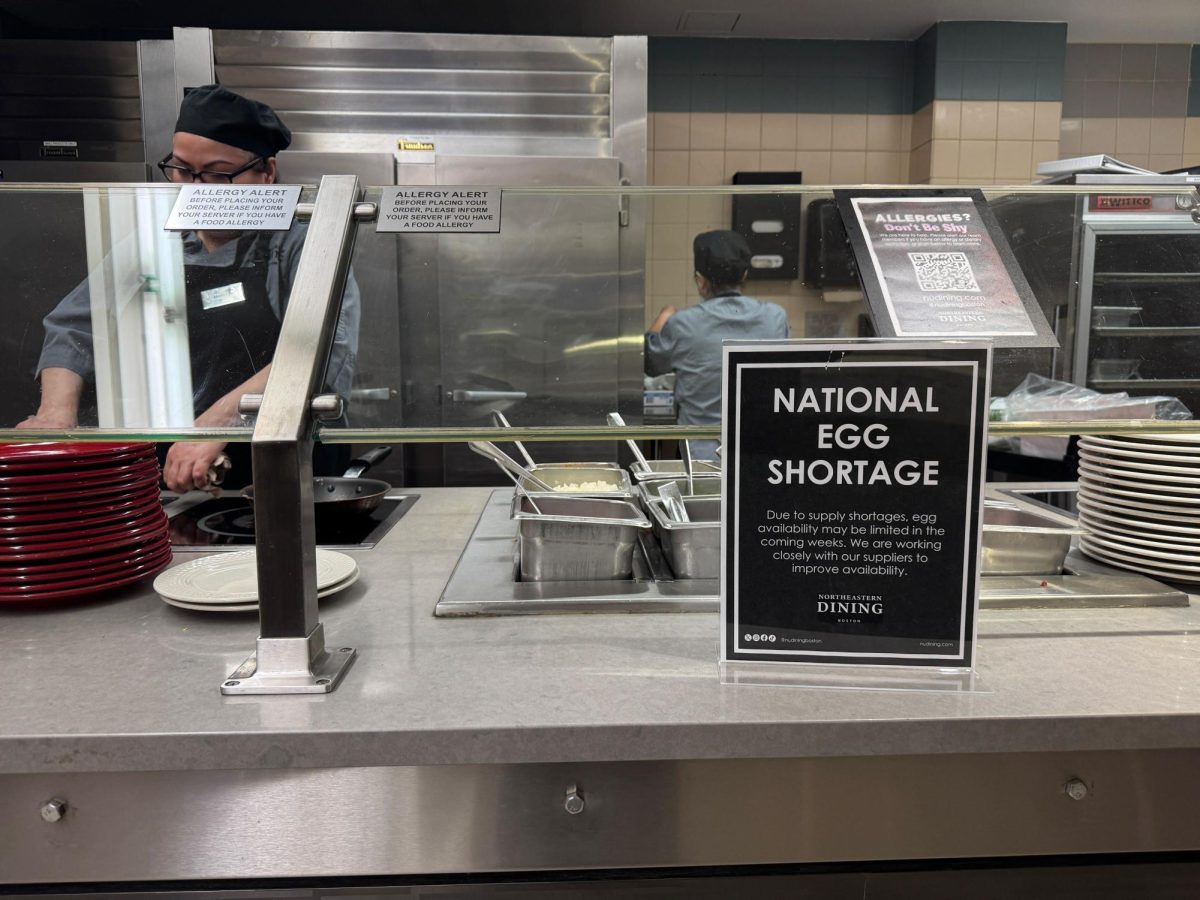When the pictures of four Chinese nationalists were shown on news broadcasts across the country and the words “dirty bomb” and “Boston” were uttered in the same sentence, a shiver of fear traveled through many Boston residents.
Shawn Collins, however, had experienced the same kind of fear once before, and wasn’t about to let it take hold of him again.
“Both my mom and dad work in New York and the whole 9/11 thing. It really hit home,” the sophomore business and marketing major said. “[This time] I wasn’t really nervous at all. I definitely feel safe on campus.”
Last week, an anonymous tip to the FBI warned of a terrorist group planning to travel to New York and then Boston and set off a “dirty bomb,” a bomb detonating not only explosions but also hazardous biochemicals.
Within days, the story was all over newspapers and television broadcasts around the country. Although the threat was eventually declared “uncorroborated” and suspicious, government officials are still searching for over a dozen people wanted for questioning in relation to the threats.
Despite the fact that coming into the city could mean the possibility of danger, many students did not hesitate when making their daily commute to classes.
“[If the threats had been real] I would have been more wary [of coming into the city], but it depends on how serious it had been expressed,” said Jessica Cheney, a part-time student majoring in philosophy and religious studies. “We’re sort of always going to be living under a threat, so you can live in fear or just go about your normal life.”
Northeastern Media Relations Specialist Brylee Maxfield said even though the validity of the threat was questionable, the university still worked closely with city officials and the Boston Police Department to ensure the safety of Northeastern students.
“We’re always concerned when we learn of these things, and we’re coordinated with local community officials to assist and to follow their directions during emergencies,” Maxfield said. “The way it works is that key personnel on campus have been trained and are ready and prepared for these situations.”
If a legitimate threat were to surface though, Willie Levesque said he wouldn’t be running anywhere.
“I don’t believe in living my life in fear. I wouldn’t go anywhere. I wouldn’t abandon the city and the people here because if something like [a terrorist attack] did happened, they would need lots of volunteers,” the senior psychology major said.
In the case of an actual threat to the city and the safety of students, Northeastern would first contact students and their parents, and would work in close conjuction with both the BPD and the Northeastern Police Department, as well as other colleges and universities in the area to ensure the safety of all Boston college students, said Director of Public Safety D. Joseph Griffin.
He added that while the university does have a plan in case of emergency, response to a terrorist attack would depend heavily on the situation.
“There’s no one master plan … we’d really have to take our lead from the city and state in terms of a major event,” Griffin said. “We have contingency plans, but there’s no one shoe that fits all.”
Griffin also said the directors of public safety from colleges around the area meet once a month to discuss many different possible student safety and security concerns, including terrorism.
Some students said they are more concerned with the everyday dangers that can accompany living in the city than a larger terrorist threat.
“I worry more of my safety as an individual — robbery, theft — than a large thing that’s out of my control,” said Amy Garland, a part-time student studying biology.
Despite the relative closeness of Northeastern’s campus to such Boston landmarks as the Prudential Center and the John Hancock Building, Griffin said he does not think it puts the university at an exceptional risk for a terrorist attack.
“If [terrorists] wanted to target something, downtown would be much easier — the financial district, the harbor. We’re as safe as anywhere else in the city,” Griffin said. “I don’t feel we’re at a particular higher risk.”
Levesque said despite all the hoopla surrounding the alleged threat, he believed Northeastern was on top of the situation, and that his country was as well.
“I think it was an over-reaction to it, but it puts things back into perspective. I’m confident with our government and military that things like this will be handled accordingly.”
-Staff writer Amanda Carswell contributed to this report.









